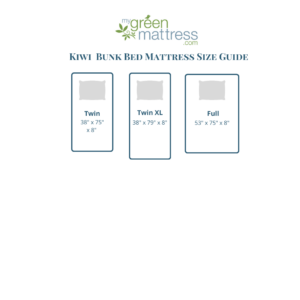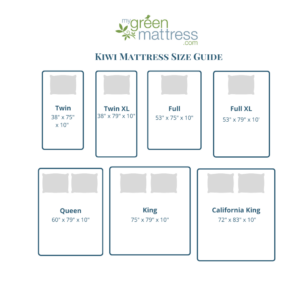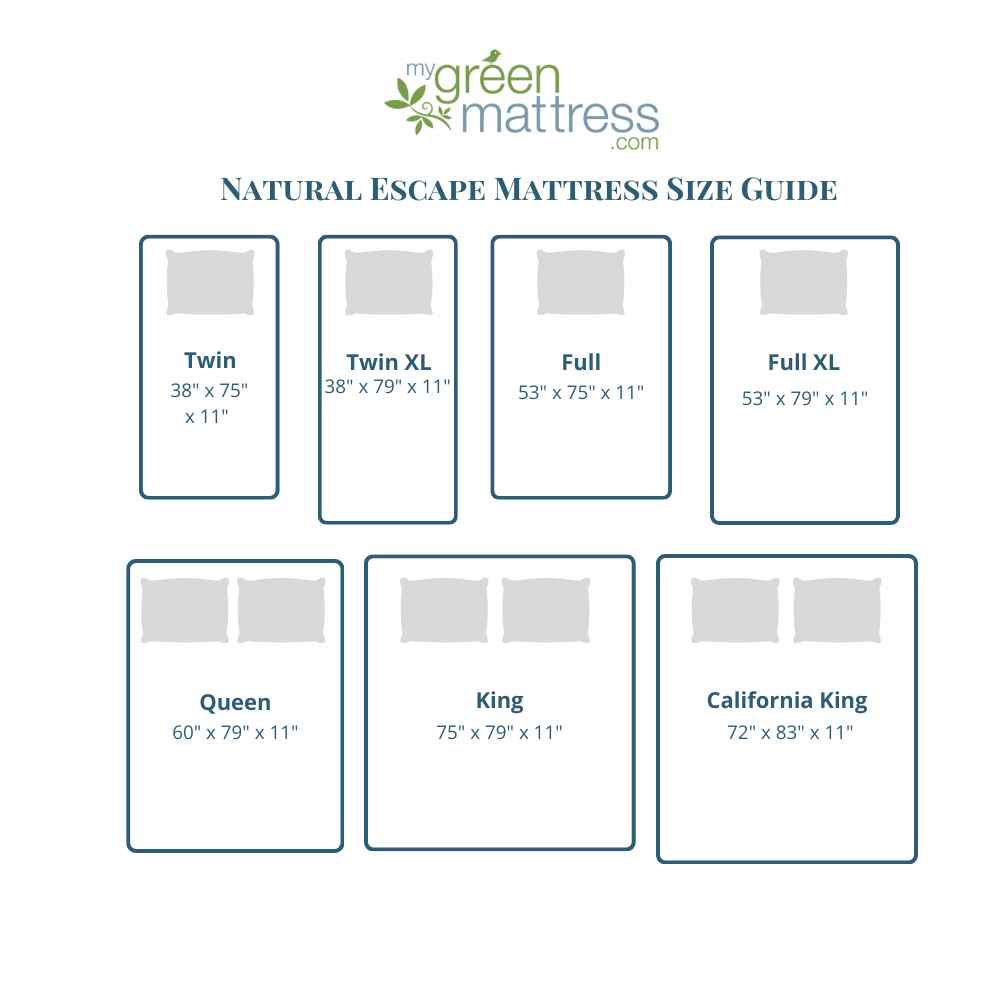Investing in a high-quality mattress is crucial for a good night’s sleep and overall well-being. But have you ever wondered how long your mattress should last? Mattresses are not designed to last a lifetime and understanding their average lifespan can help you make informed decisions about when to replace them. In this article, we will delve into the factors that affect mattress durability and provide guidelines for determining when it’s time to bid farewell to your old sleep surface.
The Average Lifespan of Different Mattress Types
The lifespan of a mattress largely depends on its type and quality. Here’s a general overview of the average lifespan for common mattress types:
- Innerspring Mattresses: Traditional innerspring mattresses typically last between 7 to 10 years. However, the longevity can vary based on the quality of materials used and how well the mattress is maintained. Mattresses made with high-quality organic materials tend to last longer.
- Memory Foam Mattresses: Memory foam mattresses have gained immense popularity due to their superior comfort and pressure-relieving properties. On average, a high-quality memory foam mattress can last between 8 to 12 years. However, this may differ depending on the density of the foam and the overall construction.
- Latex Mattresses: Latex mattresses are known for their durability and resilience. A well-maintained latex mattress can provide comfortable sleep for approximately 10 to 15 years. GOLS-certified organic latex tends to last the longest.
- Hybrid Mattresses: Hybrid mattresses combine different materials, such as innerspring coils and memory foam or latex layers. Their lifespan can range from 8 to 12 years, depending on the quality and maintenance. As explained above, high-quality organic latex, organic cotton, and organic wool will increase the life-span of a mattress.
Factors Affecting Mattress Longevity
Quality
The overall quality of the mattress, including the materials used, construction, and brand reputation, plays a significant role in determining its lifespan. Higher-quality mattresses are often designed with more durable components, leading to a longer life expectancy.
Natural Versus Synthetic
Mattresses made with natural latex, cotton and wool tend to last longer than those made with synthetic products. Organic mattresses–meaning those made with GOLS and GOTS-certified materials, tend to have the longest life. While a mattress made with organic materials can cost more, the investment pays for itself over time.
Usage and Weight Distribution
The frequency of use and the weight distribution on the mattress can impact its lifespan. A mattress that is regularly used or bears more weight may experience more wear and tear, potentially shortening its lifespan.
Maintenance and Care
Proper maintenance and care can significantly extend the life of your mattress. Regularly rotating and flipping the mattress, using a mattress protector, and keeping it clean and dry can help prevent premature damage.
Sleep Environment
The sleep environment, including factors like temperature and humidity, can affect the mattress’s longevity. Excessive moisture or exposure to direct sunlight can degrade certain materials and impact the mattress’s lifespan.
Signs That It’s Time to Replace Your Mattress
While there is no set expiration date for mattresses, certain signs indicate that it’s time to consider a replacement.
Sagging or Indentations
If your mattress develops noticeable sagging or visible indentations, especially in the areas where you sleep, it’s a sign that the support has deteriorated, and it may no longer provide optimal comfort and spinal alignment.
Loss of Support and Comfort
Over time, mattresses can lose their ability to provide adequate support and comfort. If you frequently wake up with aches, pains, or find it difficult to get a good night’s sleep despite no visible damage, it may be time to consider a new mattress.
Allergies or Poor Sleep Quality
An old mattress can accumulate allergens like dust mites and mold, which can affect your sleep quality and trigger allergies. If you notice an increase in allergy symptoms or your sleep quality has significantly declined, it might be time for an upgrade.
A Better Mattress Pays For Itself in Longevity
While the lifespan of a mattress varies depending on factors such as type, quality, usage and maintenance, a general guideline suggests replacing your mattress every 7 to 10 years. High-quality mattresses made with organic materials tend to last longer, so the initial investment pays for itself over the years. It’s essential to pay attention to signs of wear and tear, such as sagging, loss of support, and declining sleep quality. By understanding the lifespan of your mattress and taking proper care of it, you can ensure that you have a comfortable and supportive sleep surface for years to come, promoting restful sleep and overall well-being.
Get in touch with My Green Mattress to determine if it’s time to replace your mattress with a certified-organic, USA-made mattress from our Illinois facility.









